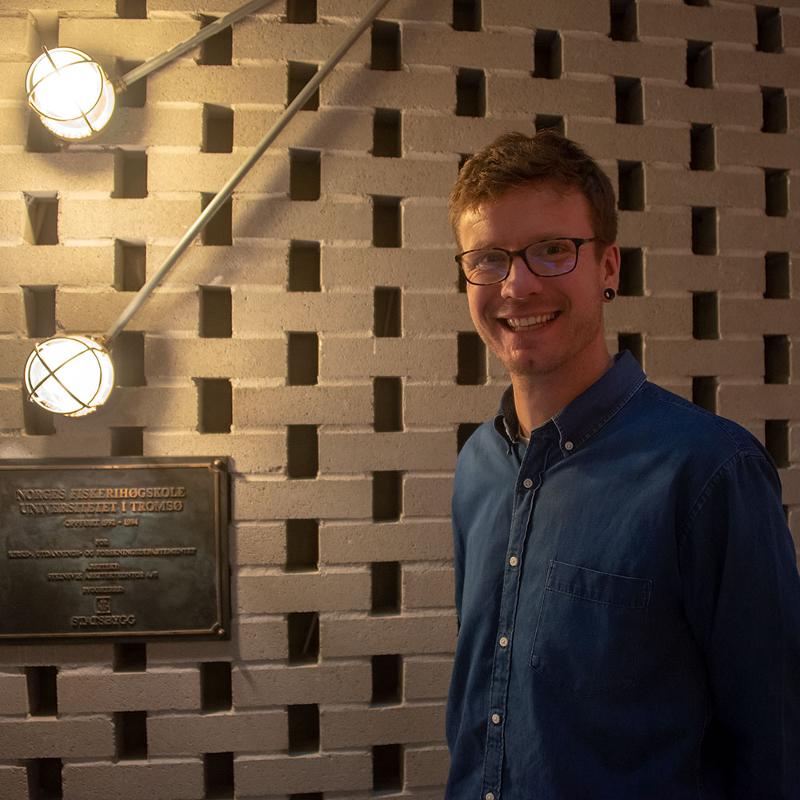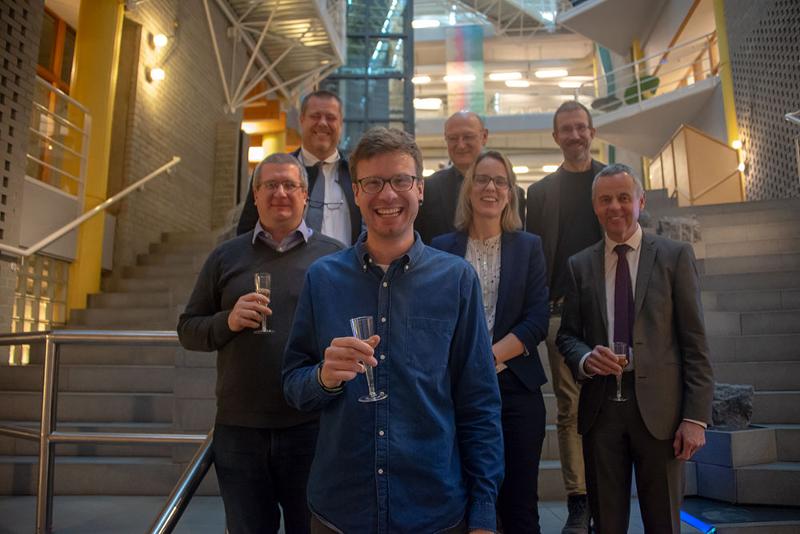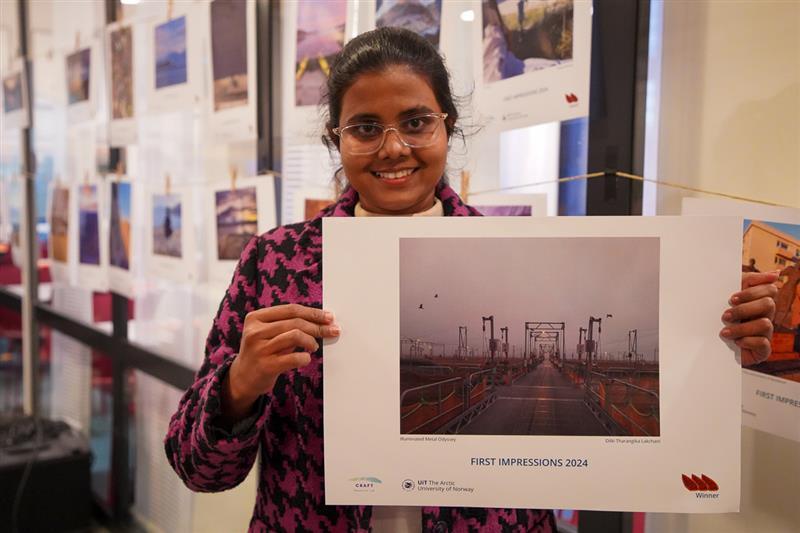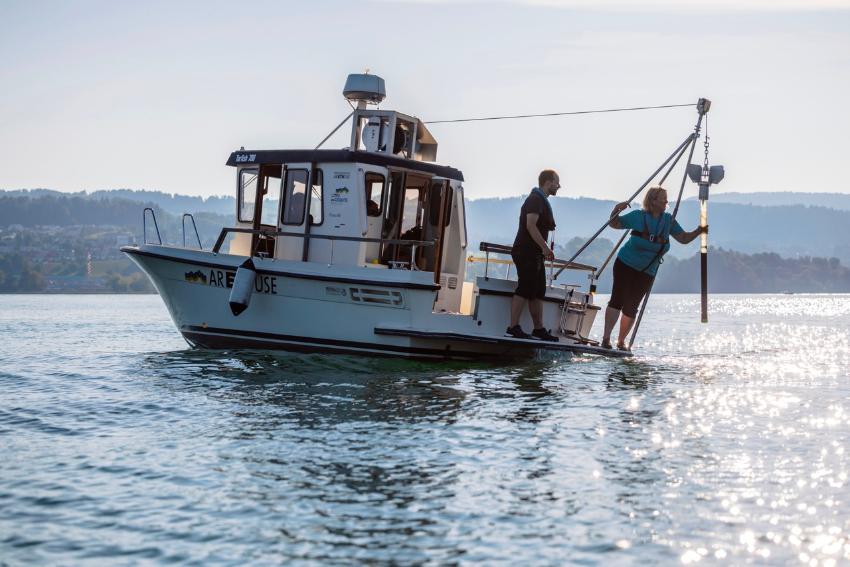Planning together works better
Through marine spatial planning Scotland can better manage its seas and coasts, especially if done transparently and collaboratively.

On november 21st, Glen Smith successfully defended his PhD with the title: “Governance and power in the planning of Scotland’s seas” at the Norwegian College of Fisheries Science.
Sustainable planning
His PhD was focused on the way people, groups, companies and government are organised around the task of planning the seas and coasts of Scotland.
The challenge is to ensure that ecosystems receive high levels of protection, that businesses can continue to thrive, and that all groups are fairly represented, says Glen Smith.
Transition to new system
Marine and coastal environments face a multitude of challenges from growing and existing industries. Smith's project involved a careful analysis of the preparations being made in Scotland for a transition to a marine spatial planning system.
Some interesting questions emerged from this transition. Who would lead the way? How would existing governance be affected? How would stakeholders be affected? What would be the planning objectives? What opportunities would exist for local communities to contribute to planning?
More participation
- I spent three extended research periods in Scotland between 2013 and 2015 where I was able to join participatory processes and interview a whole range of people involved in planning, says Glen Smith
- One emerging phenomenon was how we appear to create various spaces to help make marine spatial planning become anchored in society, says Smith.
He thinks that a lot can still be done to improve levels of participation in planning prosesses.

Glen Smith was born in Bath, England in 1984. He is British/German and has lived and worked in 5 countries around the world. He studied Environment and Development in Edinburgh.
Today he works on marine planning issues with the Clyde Fishermen’s Association (CFA) in Glasgow.
Supervisors:
- Professor Petter Holm, NFH
- Professor Jahn Petter Johnsen, NFH
Committee:
- Dr. Stephen Jay, University of Liverpool, Great Britain
- Dr. Wesley Flannery, Queen’s University Belfast, Great Britain
- Dr. Maaike Knol, NFH



